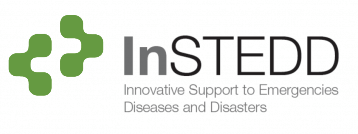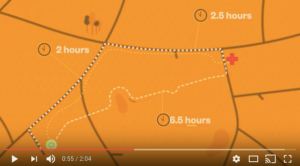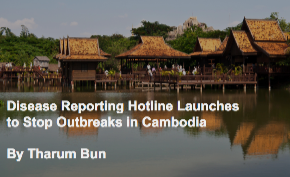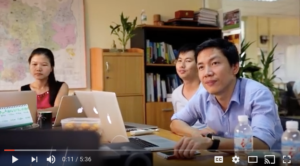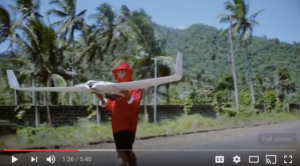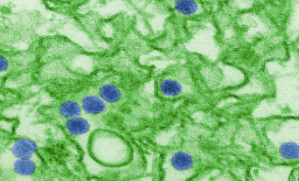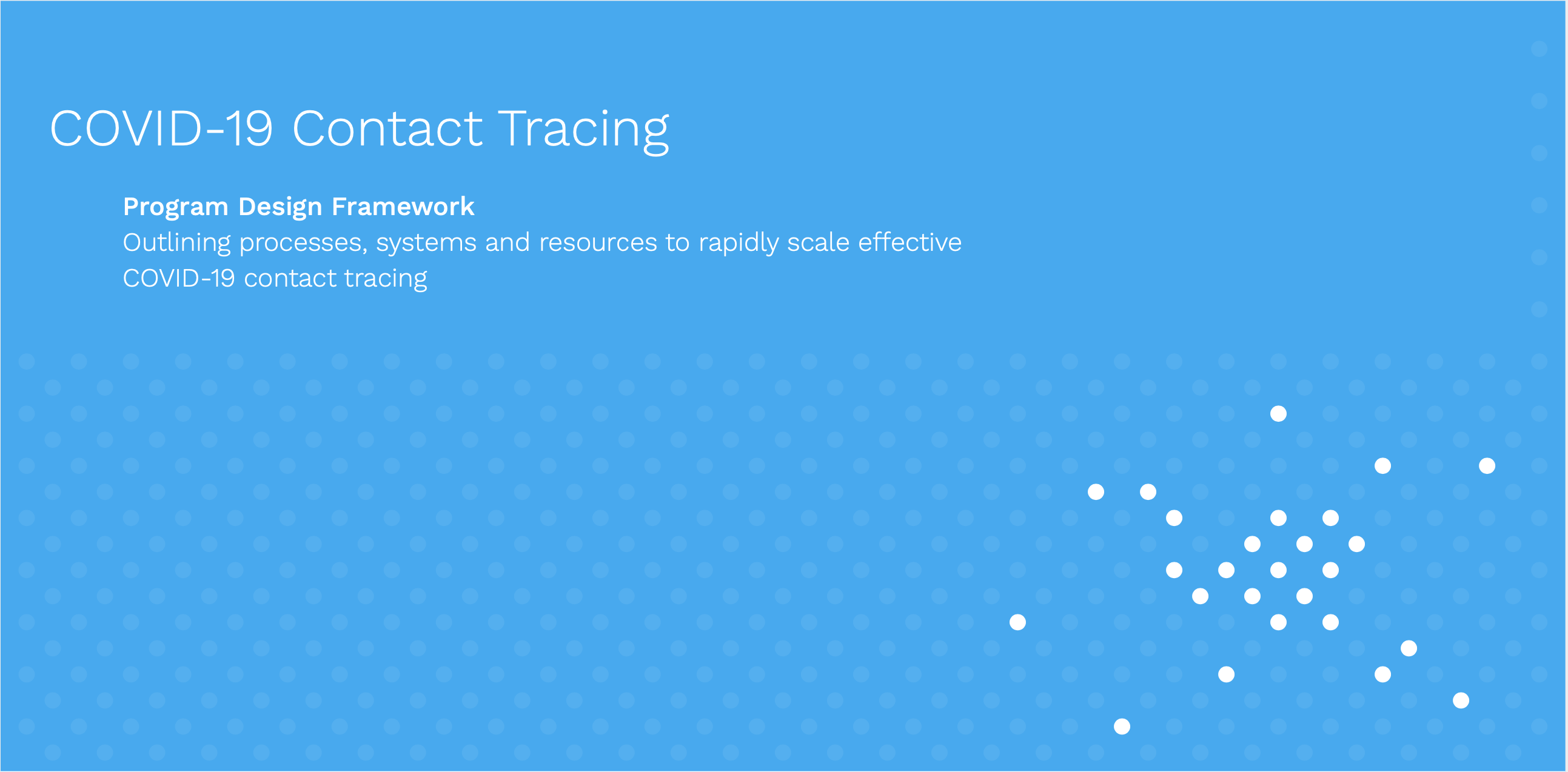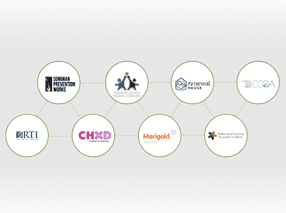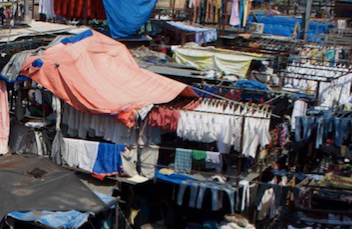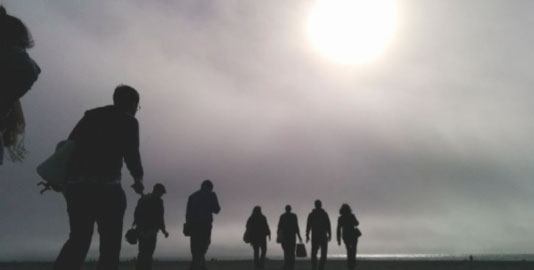
As InSTEDD ramps up our activities for 2017, we took a moment to reflect back on the past year, the road we traveled, and what we learned. 2016’s projects took us to Africa, Asia, Europe, Australia, and Latin America. We designed, developed, and implemented technology in some of the hardest to reach and vulnerable places. We worked on the front lines with mobile tools to track outbreaks in hot zones and monitor hunger and food prices in refugee settlements with the World Food Programme. We investigated humanitarian use cases of a new crop of emerging technologies like drones and sensors with leading private sector technology companies. 2016 was an exciting year, where we increased our impact and broadened our reach. We are excited to share some of the highlights and reflections from our 2016 journey.
Improving Data for Health
Building on our health facility registry work in Tanzania, we supported an emerging facility registry system for the Ministry of Health in Ethiopia and continued to contribute to the Open Health Information Exchange (OpenHIE) community, supporting the global community of practice around Facility Registries. Ethiopia has already catalogued 30,000 facilities and will be keeping them up-to-date on an ongoing basis, and in a great move for data use and transparency, is publishing a desktop and mobile portal where the population can access the information.
Connected Diagnostics
InSTEDD continued to apply its expertise in diagnostics data management, IoT, and medical devices to strengthen the growing movement around connected diagnostics, advising global stakeholders and conducting valuable first-hand user experience research in clinics of Vietnam, India, and South Africa. Our work with diagnostic manufacturers has led, to date, to over 10,000,000 verifiably true data points being collected from labs with no added cost or staff burden.
Big Data for Planning
In the spring of 2016, we partnered with Concern Worldwide to design and develop PlanWise: a tool that helps health decision makers at every level to decide how to use limited resources in a way that maximizes their impact. PlanWise was featured at a JSI and Concern Worldwide November 2016 event “Think Differently: Fresh Evidence on Innovations for Healthy Women, Newborns & Children” in Washington D.C. spotlighting innovations for improved maternal health. The idea behind PlanWise is to make a public health planning tool that is simple and available at every level of the health system, and we are hoping to expand the program with additional partners in public and private sectors in 2017.
Increasing Impact at iLab Southeast Asia
Our InSTEDD iLab Southeast Asia, or iLab SEA, continued its regional technology and design leadership in the Mekong Basin countries. The iLab SEA team utilized their human-centered design approach in a variety of activities, including hosting weekly open innovation hours and facilitating innovation workshops with local and regional stakeholders.
Establishing National Mobile Infrastructure
The iLab SEA launched a free to the national public disease reporting hotline “115” in with funding from Skoll Global Threats Fund and in collaboration with the Cambodia CDC. Every district health office was trained on the 115 Hotline over the past year, and the hotline is to see further extension and replication in 2017. The hotline receives around 1500 calls per week, and serves a dual purpose of informing the general population about health risks, allowing them to leave questions and interact with the MOH; and for registered health workers, it provides a mechanism to refresh their training on different diseases, stay up-to-date on outbreaks, and report routine and emergency information.
Capacity Building and Growth of the iLab SEA
The iLab SEA team expanded its portfolio across sectors in agriculture, food security, and education in 2016, working on new projects with partners such as UNESCO and the Word Food Programme. With support from the Bridgespan Group, made possible by the Rockefeller Foundation, the iLab SEA completed several focused and specialized design trainings and capacity-building programs to strengthen their skills and ability to respond to the growing and changing needs of the region they serve.
Exploring Drones in Humanitarian Response
We got a chance to validate the potential for the use of emerging technology in the Philippines, which is one of the most vulnerable areas in the world to natural disasters. The landscape is comprised of over seven thousand individual islands, which are prone to earthquakes and extreme weather events. We completed a discovery trip, which was part of a larger exploration initiative funded by Cisco CSR to learn how drones might be useful in disasters and crisis response. We connected with drone innovators and key public stakeholders who were considering the use of drones in some of their programs. The project culminated with a workshop event at Singularity University on the NASA Ames Research campus in California. The results showed that drones are a technology set to be a game changer in the decade ahead. InSTEDD plans to continue to contribute to this innovative space as part of our commitment to innovation and emerging technology.
Global Ambassador Program
We received hundreds of applications for our Global Ambassador program, and we were fortunate to welcome another cohort of Global Ambassadors which included representatives from Argentina, Uganda, Canada, India, Cambodia, Sweden, and the United States. The Ambassadors contributed diverse perspectives to conversations InSTEDD participate in around the trends we’re following in our international social impact ecosystem. Ambassadors published articles ranging from the opportunity cost of Zika in South America to innovations in information communication technologies for addressing hunger in refugee settlements in Congo and Somalia.
Other projects that made us proud in 2016 include:
– Working with the WFP Mobile VAM team to extend the use of Verboice and Pollit to communicate with vulnerable populations about food security and explore the use of Chatbots in WFP VAM work.
– Building on the team experience from the Ebola Outbreak for the development of improved active monitoring systems for low and middle-income countries.
– Supporting Infinitum Humanitarian Systems’ ability to respond to Hurricane Matthew in Haiti through funding from the Roddenberry Foundation for water purification system deployment.
What can we expect in 2017?
Our team is looking forward to the launch of a brand new open-source large scale survey tool. This new tool will have the capability to greatly simplify and strengthen the way that we engage and learn about the needs and context of large, diverse populations. We anticipate an announcement and more information earlier in the year on how you can become an early adopter.
We will continue working globally, in 2017, on impact initiatives that may push the limit of what is possible. In Southeast Asia, the iLab SEA team will continue to work towards the growth and spread of its impact on regional and national-scale projects like the 115 National Disease Reporting Hotline as it continues to evolve and is replicated and scaled to neighboring countries. In Latin America, our local team is engaging with emergency management groups to help them use better tools for planning and deployment.
Our team is supporting the launch of a new global program to aid in the fight to reduce the incidence of non-communicable diseases worldwide, including countries where the NCD burden is projected in order to exceed the toll on society of still-important endemic infectious diseases. We’ll continue to engage in promising conversations around emerging technology and look forward to engaging with innovators from communities worldwide. For up-to-date news on events as they unfold, follow us on Twitter @InSTEDD.
Want to talk with InSTEDD about plans for 2017?
